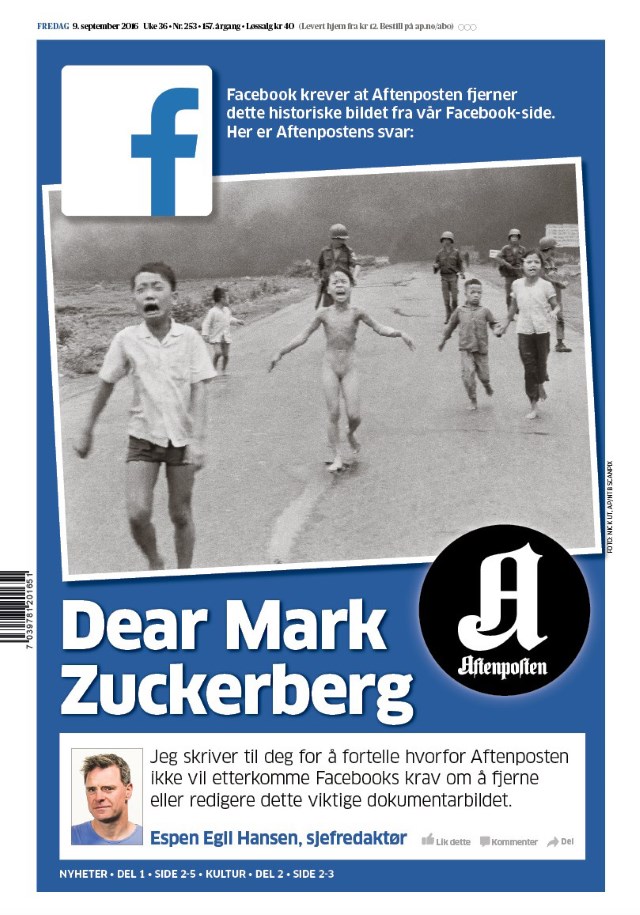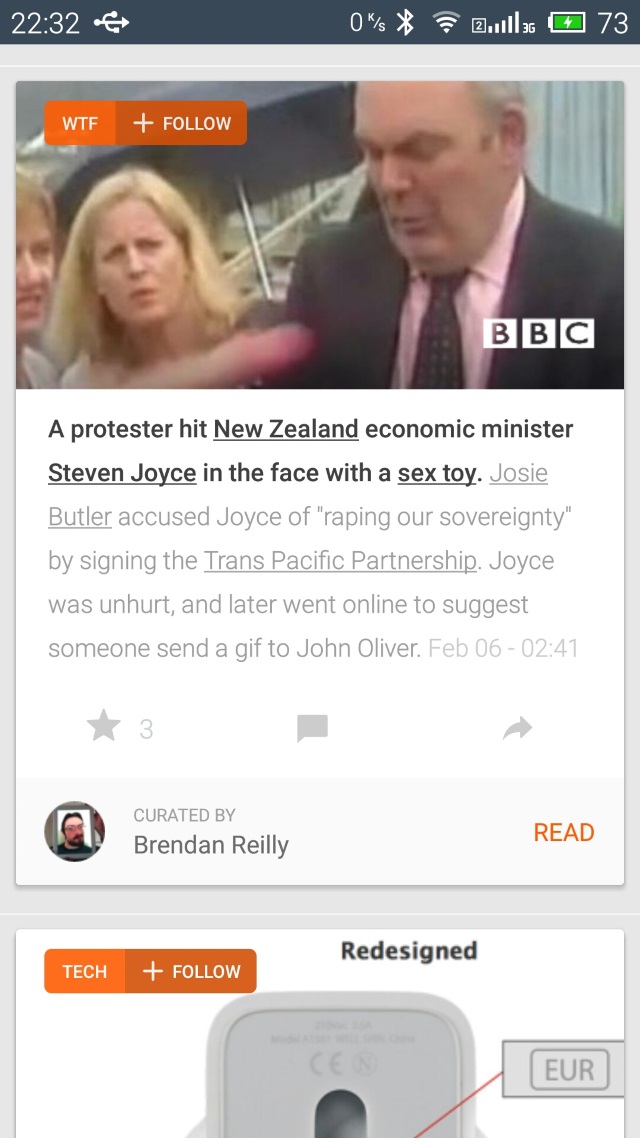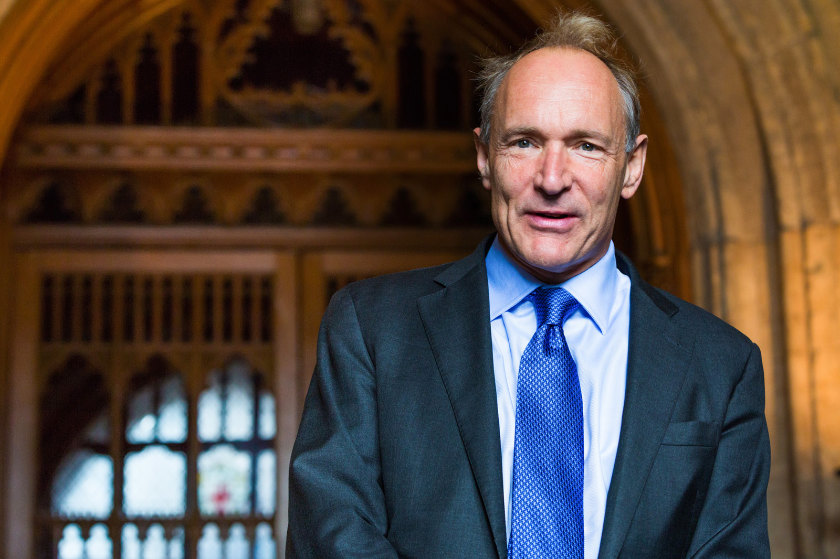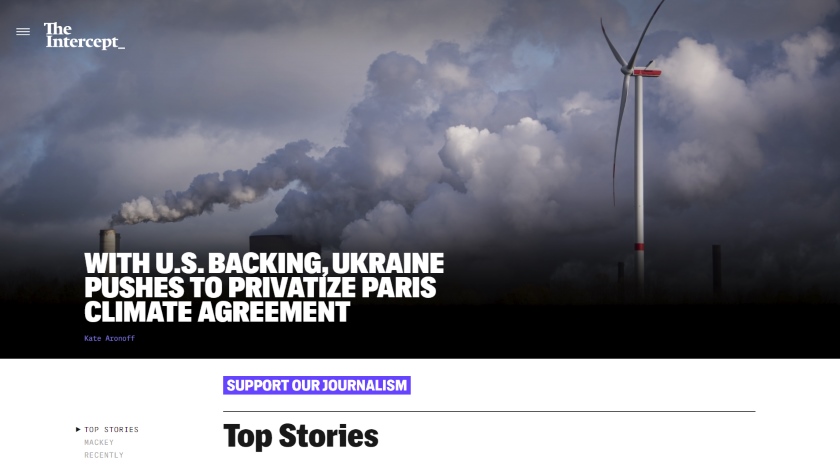
Above: Facebook kept deleting Nick Ut’s Pulitzer Prize-winning photograph each time it was posted, even when Norwegian newspaper Aftenposten did so, preventing its editor-in-chief from responding.
There’s a significant difference between the internet of the 1990s and that of today. As Facebook comes under fire for deleting the “napalm girl” photograph from the Vietnam War shared by Norwegian writer Tom Egeland, then by prime minister Erna Solberg and Aftenposten newspaper, it has highlighted to me how the big Silicon Valley players have become exclusionary. In this latest case, it is about how one firm determines what is acceptable and unacceptable without regard to cultural significance or free speech; it even punished people who dared criticize it, and has failed to apologize. Earlier this year, in one of my numerous battles with Facebook, I noted how a major German company falsely claimed videos that did not belong to them, yet there was no penalty. An individual or a small firm would not have been so lucky: when we file copyright claims, we do so ‘under penalty of perjury’ on the form.
Google, never far from my critical eye, is the same. I’ve watched Google News, for instance, become exclusionary, too, or, rather, a service that prefers big players rather than the independents. When deciding to send traffic for a particular news item, Google News now ranks big media outlets more highly, and to heck with journalistic quality or any regard on who broke the story first. It’s damaging to the independent voice, as Google concentrates power in favour of larger firms today, and it’s rather disturbing when you consider the implications.
Mainstream media can be homogeneous, and, in some cases, damaging, when bias and prejudice get in to the system. When it comes to politics, this can be detrimental to democracy itself. And why should a search engine prefer a larger name anyway? Many newsrooms have been stripped of resources, ever more reliant on press releases. Many now engage in click-bait. Some have agenda driven by big business and their technocratic view of the world, especially those that have their corporate headquarters outside the country in which they operate. Those who desire to wake people up from their slumber get short shrift. Google is aiding this world, because since it became publicly listed, it has had to adopt its trappings, and one might argue that it is in direct conflict with its ‘Don’t be evil’ mantra (one which never held much sway with me).
This is the world which Google and Facebook, and no doubt others, wish to serve up to users. They may well argue that they’re only delivering what people want: if a lot of people get their news from the Daily Mail or The Huffington Post, then that’s what they’ll show in their results. There’s little freshness online as a result, which is why people aren’t as inclined to share in 2016 as they were in 2010.
Yet it was not always this way. The hope in the late 1990s and early 2000s was that Google et al would be tools in distributing power equally among all netizens. Started an independent online publication? If the quality is there, if you’re the first to break a story, then Google News will lavish attention upon you. If you have specialized news outside what mainstream media deliver, then you’ll pop up regularly in the search results’ pages. The blogosphere rose because of this, with people seeking opinions and research outside of what the mainstream could deliver. The reason people blog less isn’t just because of social networks making one-sentence opinions de rigueur; it is because people have found it harder to reach new audience members, and their own tribe is the next best thing.
It makes the ’net a far less interesting place to be. Without fresh, new views, we run the risk of groupthink, or we become particularly influenced by the biases of certain media outlets. We don’t really want to surf casually as we once did because we don’t learn anything new: it’s harder to find novel things that pique our interests.
There are potential solutions, of course. I tend not to Google, but use Duck Duck Go, so at least I don’t get a filter bubble when I search for particular subjects. However, Duck Duck Go does not have a comprehensive news search, and Google’s index size remains unbeatable.
What we really need next is something that brings back that sense of equality online. I believe that if you put in the hours into good content and design, you should excel and get your site ranked above the same old sources. Google claims that it does that when it tweaks its algorithms but I’m not seeing this. Facebook merely builds on what people have found—so if you can’t find it, it won’t wind up being shared. Twitter, at least, still has some interesting items, but if you don’t catch it in your feed at a given time, then too bad. It’s not geared to search.
Duck Duck Go is a start, at least when it comes to general searches. It becomes easier to find views that you might not agree with—and that’s a good thing when it comes to understanding others. Google’s approach lulls you into a sense of security, that your views are sacrosanct—and all that does is give you the notion that the other half is wrong.
So what of news? Duck Duck Go could well be a starting-point for that, too, ranking news based on who breaks an item first and the quality of the site, rather than how much money is behind it. Or perhaps this is the space for another entrepreneur. Ironically, it might even come out of China; though right now it’s equally likely to emerge from India. What it then needs is a bit of virality for it to be adopted, spread by the very people it is designed to aid.
We need something that rewards the independent entrepreneur again, the people who drove so many innovations in the 1990s and 2000s. This isn’t nostalgia kicking in, seeing the world through rose-coloured glasses while happily ignoring all those businesses that failed. I completely acknowledge there were sites that vanished at the time of the dot-com bust, triggered in no small part by 9-11, the anniversary of which we celebrate today.
Society needs those distinctive voices, those independent entrepreneurs, those people who are willing to put themselves forward and be judged fairly. What they don’t need are reactionary media who want to silence them out of fear that the world will change too much for them to bear; and big Silicon Valley firms all too happy to join in these days.
It’s high time the most influential websites served the many rather than the few again.






Yes, Jack, that sounds very Utopian – but what’s in it for the people with MONEY who want power and influence? Not a damned thing – they’re already getting exactly what they want.
You have to tackle the demand side before the supply side will follow. I’m just not seeing that side of the equation changing any more than with the “War on Drugs.” And if there’s absolutely no incentive to change course, supply will just redouble their efforts to keep doing what’s proven to work.
Now – what we need are the same propagandists that took on Big Tobacco in the U.S. They’ve actually made a noticeable difference in consumer attitudes and behavior, and you wouldn’t have thought it possible – going up against the tobacco industry, would you?
Excellent point, Holly: if we can make the demand for independent voices strong by using the techniques of the anti-tobacco crowd, we could be on to something.